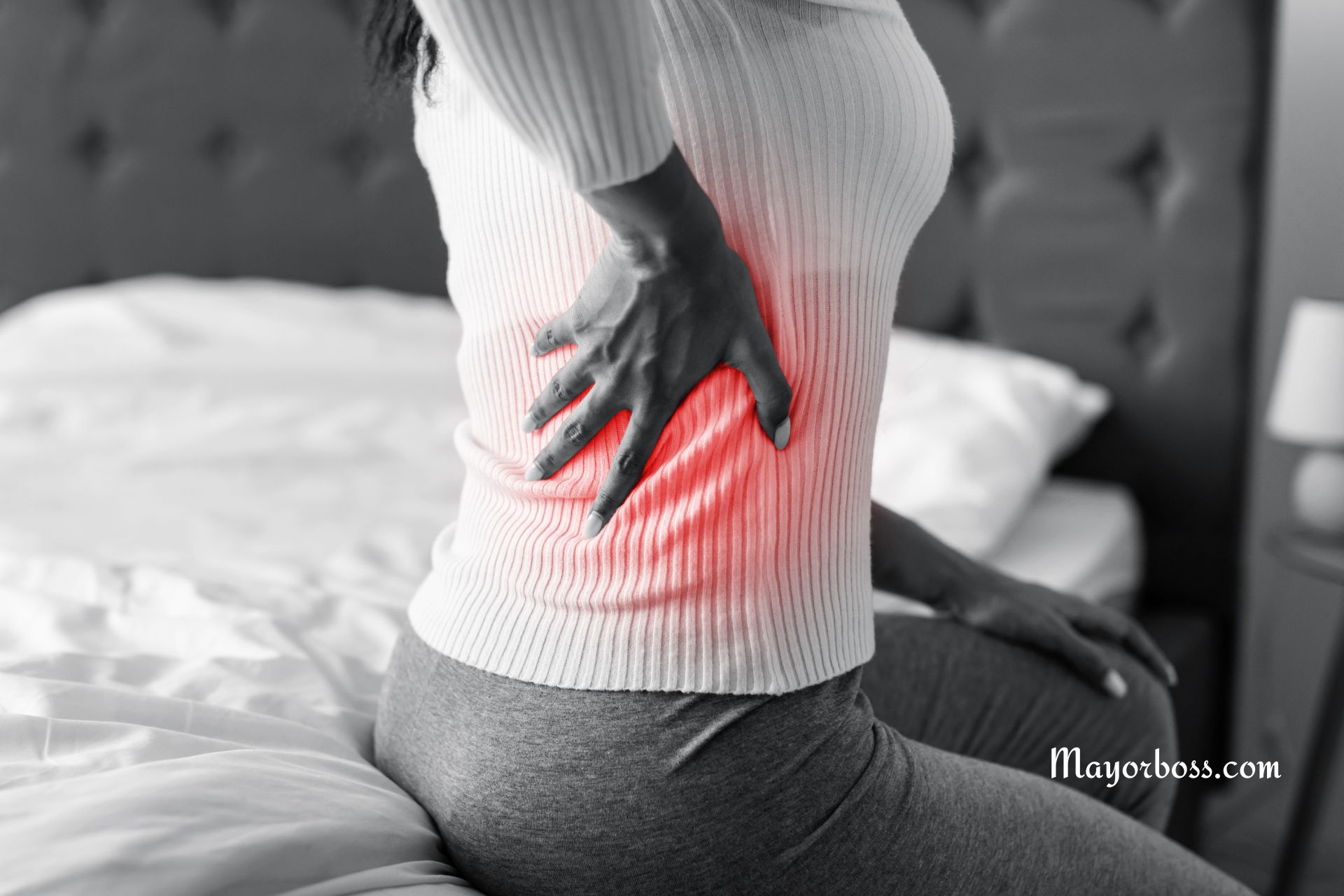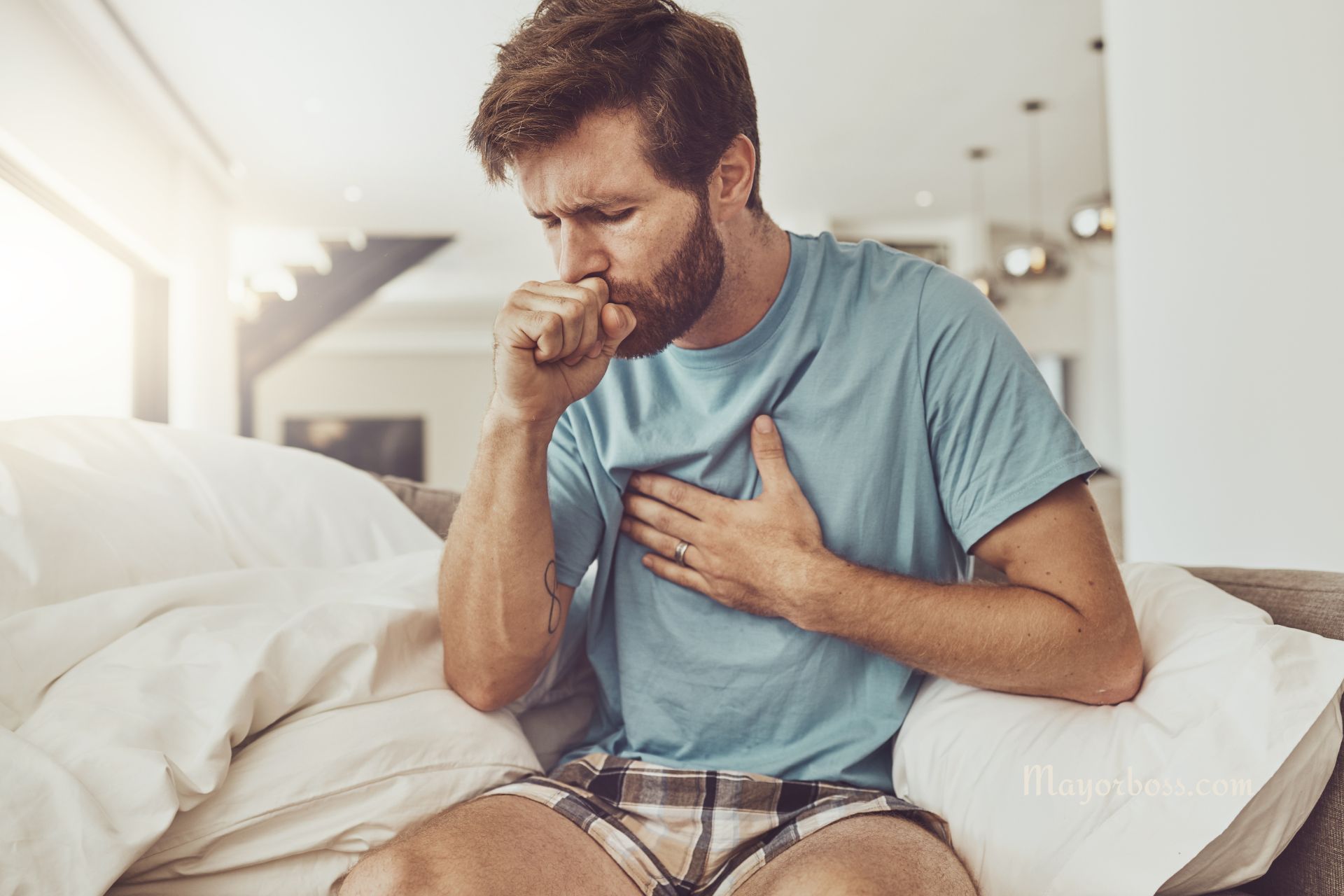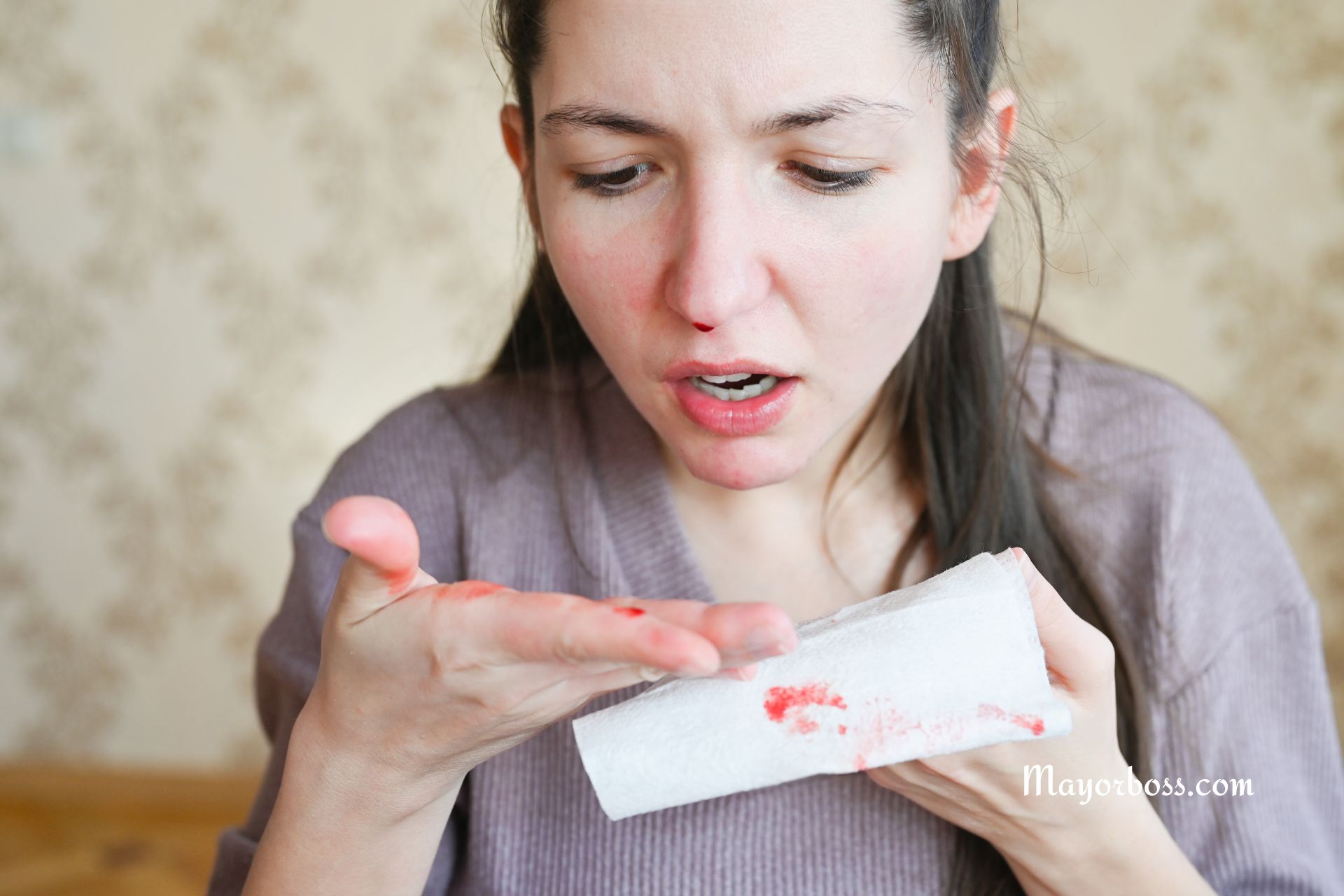If Your Kidney Is in Danger, the Body Will Give You These Signs!

According to the National Kidney Foundation, more than 37 million people in the United States have kidney disease, and most of them don’t even know it. This means many people might not realize when their kidneys are having problems. Your kidneys keep your body healthy by filtering waste and balancing fluids, so it’s important to notice signs of trouble.
Kidney problems don’t always have obvious symptoms, but your body has ways of letting you know when it’s in trouble. Please continue reading to learn some of the signs that your kidneys might be in danger and how you can take steps to keep your kidneys healthy.
Feeling Tired All the Time Could Be a Sign of Kidney Problems
If you’re always feeling tired and can’t figure out why, it might be more than just a busy schedule. Your kidneys make a hormone called erythropoietin, which helps your body make red blood cells. When the kidneys aren’t working well, they make less of this hormone, which means you have fewer red blood cells. This leads to less oxygen reaching your body’s tissues, making you feel tired and weak.
Fatigue from kidney issues is usually more intense than normal tiredness—it makes even small tasks, like climbing stairs or cooking dinner, feel like a big challenge. If this kind of tiredness sounds familiar, it might be a good idea to see your doctor.
Swelling in Your Legs, Ankles, or Feet Can Mean Kidneys Aren’t Working Right
Your kidneys help keep the right balance of fluids in your body. When they’re not working well, fluid can build up in your tissues—often in your legs, ankles, or feet. This is called edema. You might notice puffiness, tight skin, or even small dents if you press a finger into the swollen area. This swelling can also happen in your hands and face, especially if the problem lasts for a while.
This type of swelling isn’t just uncomfortable. It can be a sign that your kidneys aren’t removing extra fluid properly. Sometimes, the kidneys can’t remove extra sodium from the blood, which makes the swelling worse.
Changes in How You Pee Could Mean Kidney Problems
Since the kidneys are in charge of making urine, changes in your peeing habits can be a warning sign. Watch out for these changes:
- Peeing a lot, especially at night
- Foamy or bubbly urine, which can mean there’s a protein in your pee
- Dark or discolored urine
- Peeing less than usual, even if you’re drinking enough fluids
These changes could mean your kidneys are having trouble. Any changes that stick around, like different colors, frequency, or appearance of your pee, are reasons to see your doctor.
Itchy or Dry Skin Could Mean Toxins Are Building Up
Your kidneys filter out waste and toxins from your blood, and then they go out in the urine. When your kidneys aren’t working well, toxins can build up in your body. This can cause itchy or dry skin. Itchy skin can also happen if there are too many minerals, like phosphorus, in your blood, which your kidneys can’t regulate properly.
If you have skin problems that don’t go away, especially if you also have other kidney symptoms, it might be worth getting your kidneys checked. Treating your kidneys can help with itchy and dry skin.
Metallic Taste in Your Mouth and Bad Breath Could Be a Sign of Kidney Issues
A metallic taste in your mouth or always having bad breath could be signs of kidney trouble. When waste builds up in your blood, it can change the way things taste, making food less enjoyable and leaving a strange taste in your mouth. This can make you lose your appetite and even cause weight loss.
Kidneys that aren’t working well can also cause uremia, a condition where waste products build up in the blood, which gives your breath an ammonia-like smell. If you have these symptoms, along with nausea or vomiting, it’s important to see a doctor quickly.
Trouble Concentrating or Feeling Dizzy Could Mean Poor Kidney Function
When your kidneys aren’t working right, and you don’t have enough red blood cells, it can cause anemia. With less oxygen going to your brain, you might feel dizzy or have trouble concentrating. Even simple daily activities can feel overwhelming, and you might get frequent headaches.
Many people think these symptoms are just due to stress or being tired. But if you’re feeling this way a lot and have other symptoms listed here, you should see your doctor.
Muscle Cramps Could Mean Electrolyte Imbalances
Muscle cramps, especially those that wake you up at night, can also be a sign of kidney problems. When the kidneys don’t work well, they can’t keep important electrolytes like calcium, potassium, and magnesium in balance. This imbalance can lead to cramps, especially in your legs.
Electrolyte problems aren’t just uncomfortable—they can be dangerous if left untreated, potentially leading to heart or muscle problems. It’s important to have a doctor check if your muscle cramps are related to kidney issues.
How to Keep Your Kidneys Healthy
Now that we’ve talked about the warning signs of kidney trouble, here are some ways to help keep your kidneys healthy:
- Drink enough water: Staying hydrated helps your kidneys flush out waste.
- Eat a healthy diet: Eat lots of fruits and vegetables, and try not to eat too much salt.
- Manage other health problems: Conditions like diabetes and high blood pressure can damage your kidneys, so controlling these can help prevent kidney issues.
- Avoid overusing painkillers: Taking too many NSAIDs (like ibuprofen) can hurt your kidneys over time.
- Get regular check-ups: Blood and urine tests can help catch kidney problems early.
The Bottom Line
Kidney problems can be tricky, and many people don’t know they have an issue until the damage is serious. Your body does give you warning signs, though, like fatigue, swelling, and changes in urination. If you notice any of these signs, talk to your doctor as soon as you can. Finding the problem early is the best way to prevent serious kidney disease.
Taking care of your kidneys means staying hydrated, managing other health conditions, and paying attention to what your body is telling you. The better you take care of your kidneys now, the better they’ll take care of you later.






